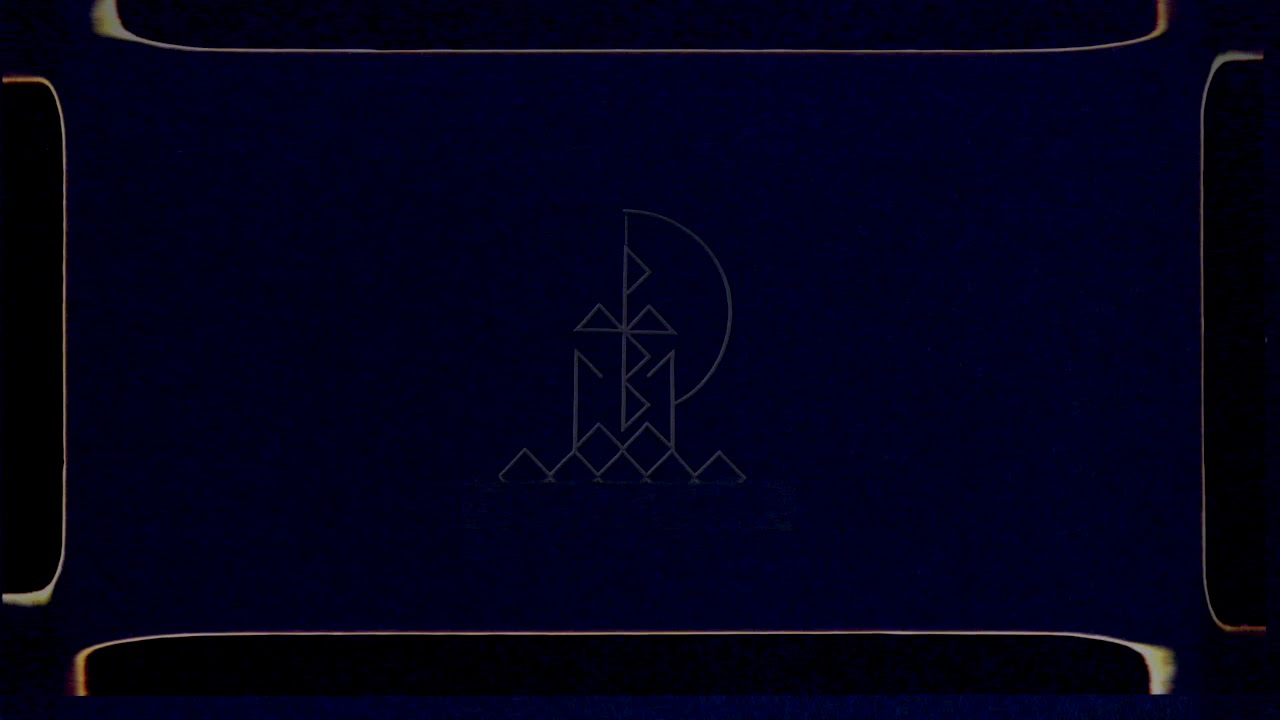Drummer and bandleader Seb Rochford called time on his much-loved jazz group Polar Bear amid a period of personal crisis that had started to dominate the band’s output. He told me when I interviewed him last year that “the second to last Polar Bear album was about the turmoil that was going on with me and the people around me […] and the last album was kind of like, I was in a low place so I wanted to make music that was very positive.”
After Polar Bear ended, Rochford travelled to India, the birthplace of his mother, who died when he was 18. It was an effort, he said, “to rediscover what it was I wanted to do and who I am as a musical being.” He spent time finding music in the everyday sounds of India – in conversations and in car horns – and studied under master musicians, absorbing influences like the classical Indian raag scale. He was reading ancient spiritual texts, from an 11th century French Bedouin mystic to ancient Sanskrit manuscripts. Afterwards, he founded a new, completely different band. “I was trying to find music that fitted what I was thinking and I couldn’t find any,” as he put it last year.
Rochford has always juggled plenty of projects – he co-founded Sons of Kemet, and scored Chris Morris’ recent film The Day Shall Come, for example – but Pulled By Magnets’ debut album Rose Golden Doorways feels like something deeper than just another addition to his discography. There is too much power behind the music to see it like that. There is such an overwhelming force behind its crashes of noise and such plunging depth to its contrasting moments of quiet, that it’s hard to separate it from the immense personal journey that Rochford undertook before its making. The album sounds like the process of ripping away at one’s own humanity in search of some kind of core; the music is colossal, destructive and all-consuming.
The first track on Rose Golden Doorways, ‘Nowhere Nothing’, begins in medias res, plunging straight into a screeching, squalling vortex of noise. This bedlam fades, allowing just a second of void before a monstrous wave of solo saxophone lumbers into earshot, drums stumbling eerily in its wake. What becomes immediately apparent is just how powerfully the trio are playing, every note and every beat is striking and unearthly. The sounds are manipulated by electronics, but only a little, as if they’re being distorted by the aftershock of that initial chaos from which they emerged.
With ‘Nowhere Nothing’ Pulled By Magnets establish an ethereal space for their music to exist in, a weird and shapeless swirl of energy from which Rochford, Wareham and Charles create forms. Patterns start to emerge, creeping basslines and hypnotic melodies, but they always feel a little abstracted, as if floating in and out of corporeal form. There are long moments where very little happens at all – the track ‘Breath That Sparks’ is almost entirely silence, with distant indefinable clatters the only noise that bothers its stillness. ‘The Immortal Fire’, too, is three and a half minutes occupied almost entirely by a single bass guitar line influenced by the raag scale, gradually growing a little more warped as it progresses. Even when Pulled By Magnets fire on all cylinders they command absence as well as they command noise – a heaving crescendo can be amplified further by embracing the deep silence that follows.
Photo by Krisztian Sipos
For all the record’s destructive power, however, it would be wrong to call this album ‘dark’. The way it expresses a pure and total sort of energy transcends that sort of description. Rather than sounding like something that has been created, it sounds like the act of creation itself. The fact that the record’s genesis lies in Rochford’s period of deep introspection, and self-rediscovery feels prescient. The music Pulled By Magnets make reflects the violence and tumult of such a process, but the album is not violent or tumultuous in itself.
For all its otherworldliness, Rose Golden Doorways is nevertheless an album that feels deeply personal. Where it is possible to discern anything so base as ‘genre’ or influences’ within the maelstrom of Pulled By Magnets’ noise, it is notable that they come either from the stages at which Rochford was first forming his identity as an artist – the grindcore and metal of his roots – or from the music, art and literature that he encountered in the period of retreat and reconsideration that followed the demise of Polar Bear – Indian raag scales and mystic texts.
For almost the entirety of the record, The Old Church in Stoke Newington where Pulled By Magnets recorded this album feels a universe away from the maelstrom of noise they created there, that is until the album’s very last act, the (perhaps pointedly-titled) ‘Invite Them In’. The track starts with a big, dense rush of noise by now familiar, surging slowly, relentlessly forward. Deep, resonant squalls of saxophone are carried on pounding drums and a low, chasmic bassline, everything distorted by those dark electronics that were established at the record’s very start. But then, remarkably, beautifully, the noises settle. This extraordinary, turbulent album ends on a tone of gentle melancholy, a warm organ note, crackling a little. Then, a clock chimes, and the sound of human feet, pottering about on creaking floorboards can be heard in the distance, a jolt back to realness and humanity.



